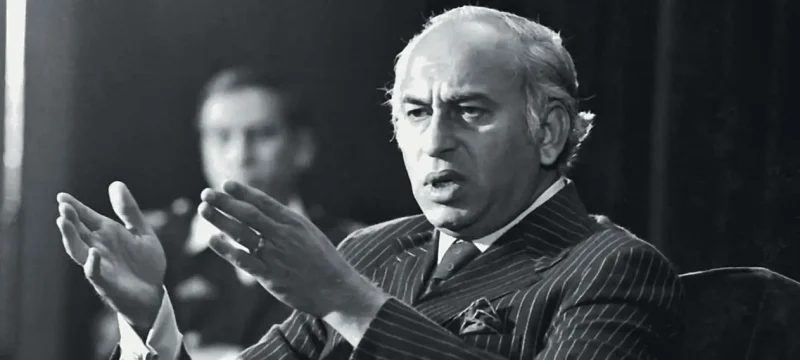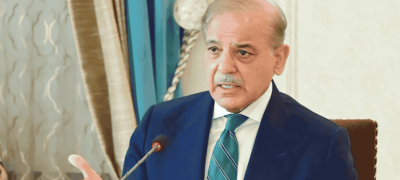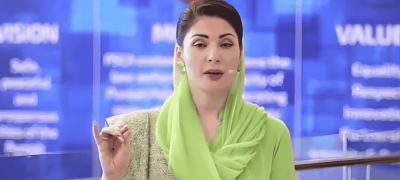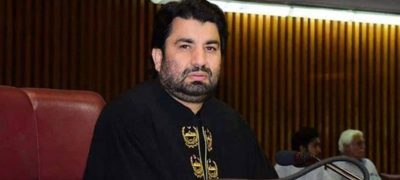In Islamabad, a nine-judge larger bench of the Supreme Court has expressed concerns regarding the unusually lengthy judgment in the case of the late Zulfikar Ali Bhutto four decades ago. Chief Justice Qazi Faez Isa led the bench and requested evidence from lawyers to illustrate potential bias among the judges involved in the case. This hearing revolves around a presidential reference against the Supreme Court’s decision that led to the execution of former Prime Minister Bhutto in 1979. Initiated twelve years ago by then-president Asif Zardari, the reference remains under scrutiny.
Also Read: PTI Plans Supreme Court Action Against Poll Rigging
Chief Justice Isa questioned whether any previous criminal case had resulted in a 935-page judgment, and Justice Jamal Mandokhel suggested that the extensive detail might indicate disagreement among the judges who authored it. Justice Mansoor Ali Shah, also on the bench, emphasized the necessity of presenting evidence from the court record to substantiate claims of judicial pressure or biased decision-making.
Bhutto was convicted in the murder case of Muhammad Khan Kasuri by the Lahore High Court (LHC), over a year after the toppling of his government by military dictator Gen Ziaul Haq. Bhutto’s appeal against his conviction was later rejected by the Supreme Court through a 4-3 split verdict. The Pakistan Peoples Party (PPP), founded by Bhutto, has consistently argued that he was falsely convicted and hanged. During the PPP government from 2008-13, the then-president sent a reference to the apex court to review the case and acquit Bhutto.
During the hearing, Chief Justice Isa remarked that when the decision of the Bhutto case was reserved, two important developments took place: the then-chief justice became the acting president, and he praised Ziaul Haq for his efforts to enforce the Islamic system in the country. Amicus curie Khalid Javed Khan informed the court that had the judiciary been independent at that time, Bhutto would not have been hanged. He pointed out that during that period, there were ad hoc judges in the Supreme Court, and thousands of people were put in jails, with some even being hanged.
Justice Sardar Tariq Masood, also on the bench, raised questions about how the court could examine bias without invalidating a judicial decision. He wondered how the court could move forward without overturning those decisions and whether it should set aside judgments of the trial court and in the revisions. Khalid Javed Khan mentioned a judgment authored by Justice Athar Minullah, stating that the decision to hang Bhutto was not correct. Justice Shah noted that it now came as a declaration. The hearing was adjourned until Tuesday for further proceedings.









